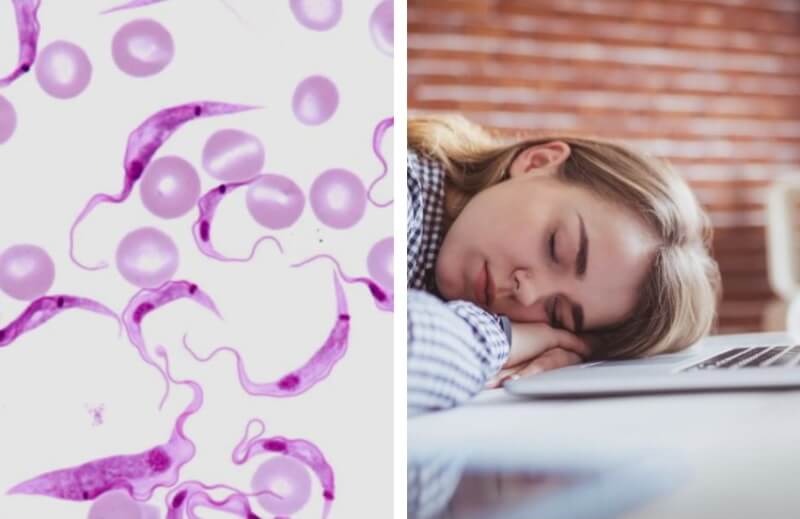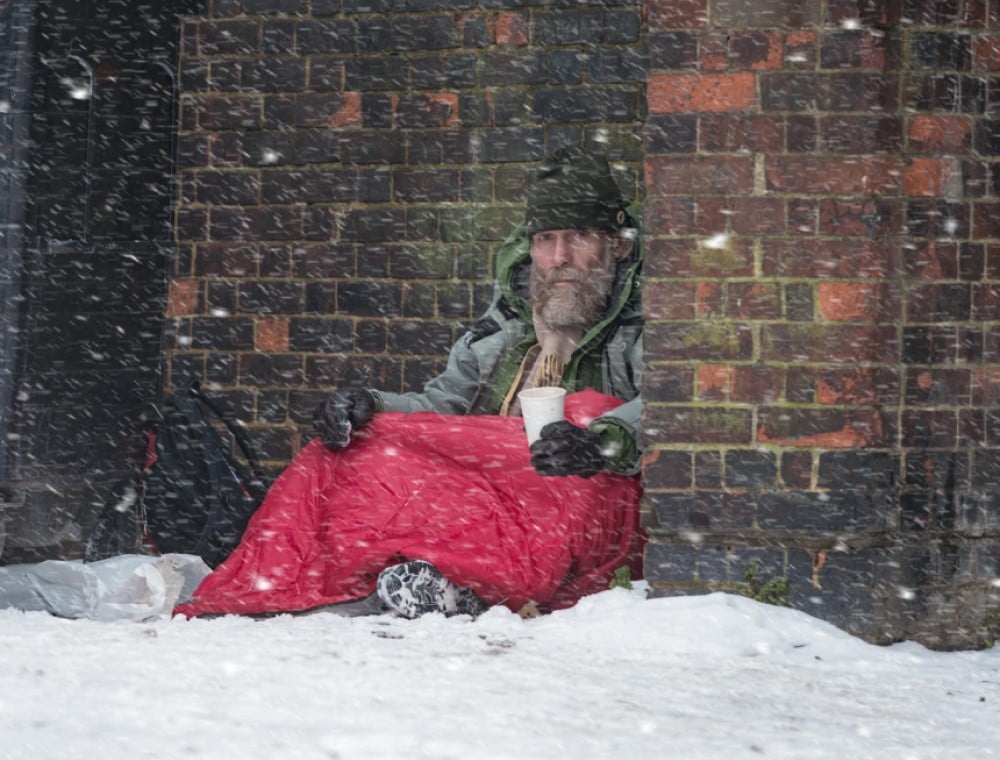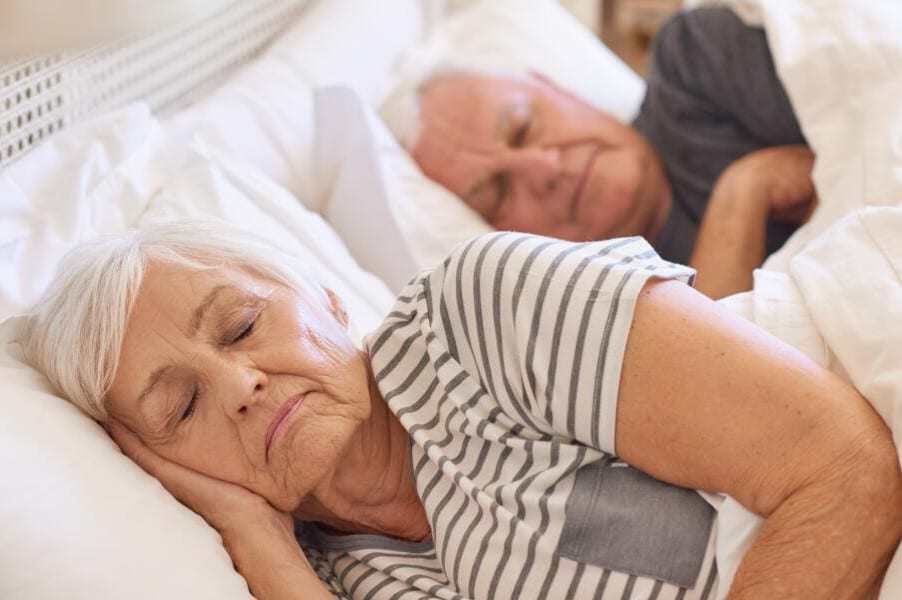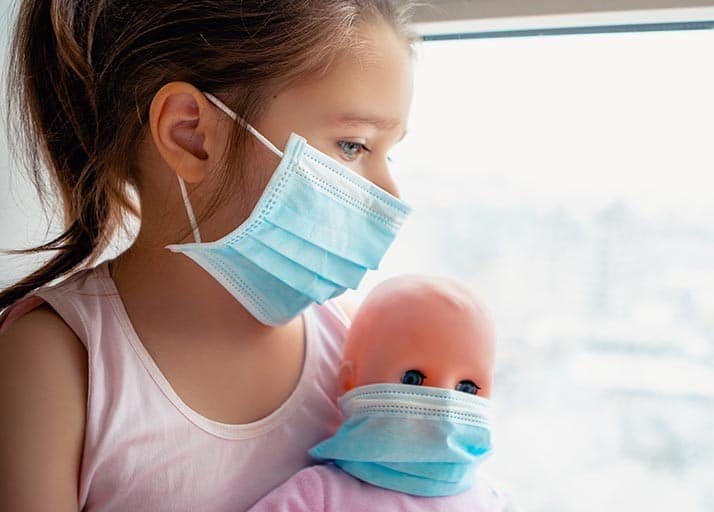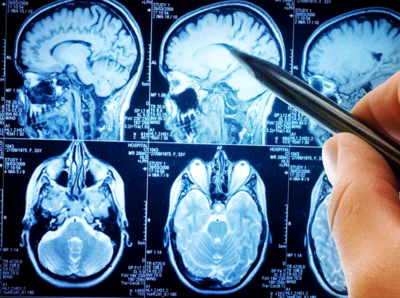

Sleep deprivation is a real issue among new mothers, and as it turns out, it can negatively affect your overall health and biological age too. A recent study concluded that sleep loss among new mothers has the potential to add up to seven years onto their biological age.
Not only does it add years to your biological age, but sleep deprivation can contribute to postpartum mental disorders like PPA or PPD. It’s easy for new parents (or any parent, really) to shrug off the idea of sleep loss. After all, their job is to take care of their child, right? However, failing to have a solid way to combat sleep loss will lead to more serious issues down the road.
Scientists Trusted Source New mothers’ sleep loss linked to accelerated aging When new mothers complain that all those sleepless nights caring for their newborns are taking years off their life, they just might be right. A year after giving birth, the ‘biological age’ of mothers who slept less than seven hours a night at the six-month mark was three to seven years older than those who logged seven hours or more, the scientists report. www.sciencedaily.com report that the biological age of mothers who sleep less than seven hours per night after their first six months of motherhood is 3-7 years biologically. However, new moms that logged over seven hours of sleep per night for the first six months remained roughly the same in terms of their biological age.
In this study, scientists observed 33 different moms in their pregnancy and first year of motherhood. Blood samples were regularly taken to help determine each mom’s biological age as the study progressed, and it found that those who got less sleep aged more than those who got more.
Those who slept less were also found to have shorter telomeres in their white blood cells. Telomeres are basically like little caps that help prevent diseases. Shorter telomeres have been linked to different sicknesses, including cancer and cardiovascular diseases. The scientists found that for every hour of additional sleep each mother got, the younger her biological age turned out.
It’s easy for most moms to put their family’s needs ahead of their own; however, taking care of yourself is just as important. In a way, taking care of yourself is also taking care of your family. If you’re sleep-deprived and trying to make sure everyone else is okay, you’re going to wear yourself out and shut down.
But, if you get a good amount of quality sleep, you’ll be more involved as a parent, and your worn-out demeanor won’t rub off on anyone else.
It can be difficult trying to find time to get everything done as a new parent, and it’s easy to feel overwhelmed by this. Luckily, there are things Trusted Source Moms and Sleep Deprivation Sleep experts say sleep-deprived mothers shouldn’t be blasé about their problem. Sleep deprivation can harm their health – and the health of their family. www.webmd.com you can do to prevent, or alleviate at the very least, issues from arising:
The bottom line is to not worry about excessive mess if you’re feeling the effects of sleep deprivation. It’s imperative for you to take your sleep health seriously to avoid age-related illnesses and issues that come from increased biological age. Motherhood is hard, but it doesn’t have to be agonizing.
